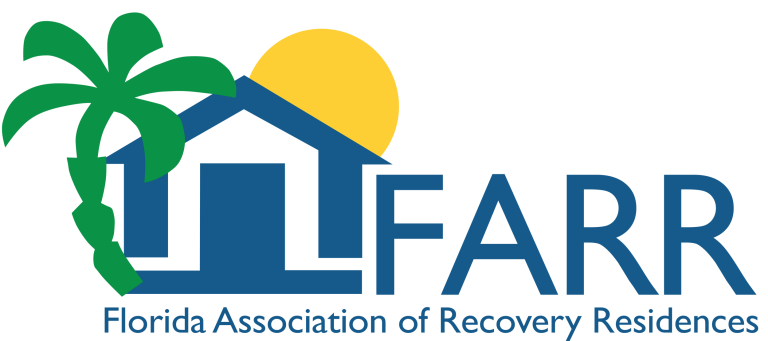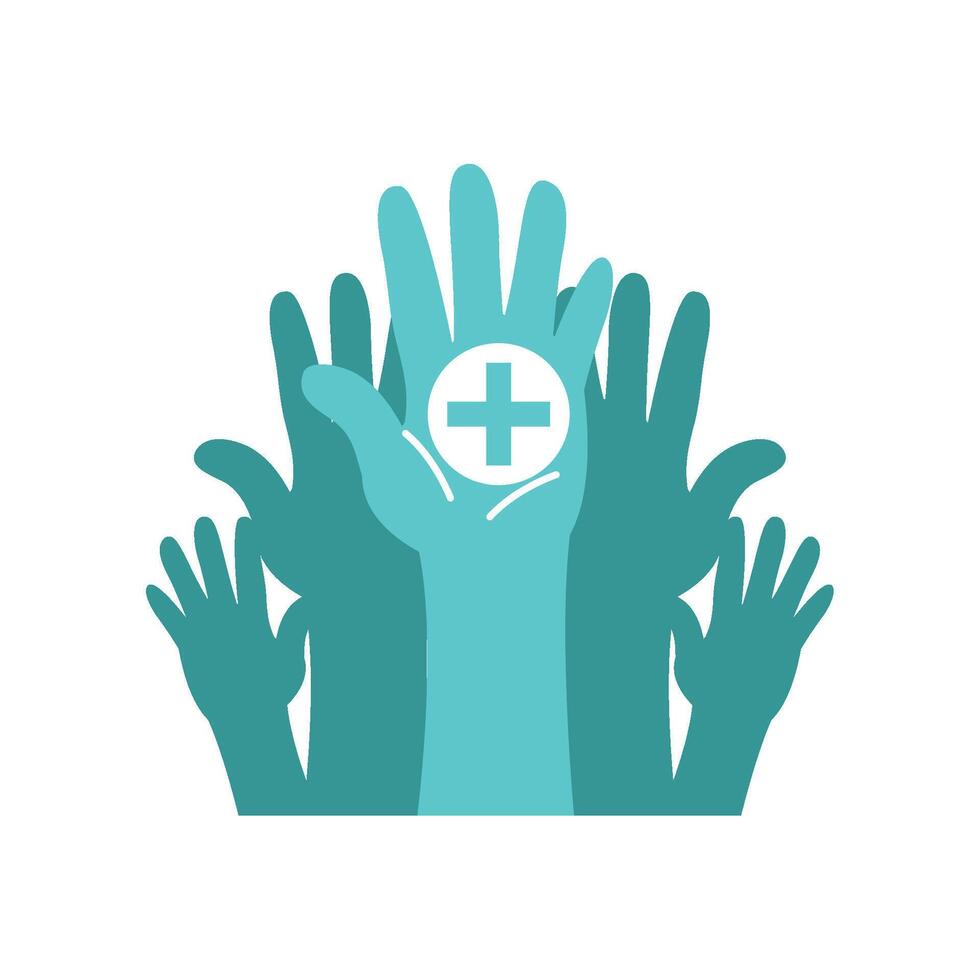



Dual Diagnosis Treatment in DeLand, FL
At DeLand Treatment Solutions, we specialize in residential care for individuals facing both substance use and mental health challenges. Our clinically proven dual diagnosis programs are designed to address the unique needs of each person we serve.
We know every journey is different. That’s why our treatment plans are customized to reflect your individual symptoms, struggles, and goals.




DeLand Treatment Solutions!
Don’t settle for a cookie-cutter treatment program. DeLand Treatment Solutions offers fully customized treatment planning that addresses what matters most to you. Our treatment providers work with you each step of the way to continue molding and tailoring your therapeutic needs. If you’re serious about recovery, we’re serious about you. At DeLand Treatment Solutions, we offer you a real solution that works. Contact us today to learn more.




DeLand Treatment Solutions!
Don’t settle for a cookie-cutter treatment program. DeLand Treatment Solutions offers fully customized treatment planning that addresses what matters most to you. Our treatment providers work with you each step of the way to continue molding and tailoring your therapeutic needs. If you’re serious about recovery, we’re serious about you. At DeLand Treatment Solutions, we offer you a real solution that works. Contact us today to learn more.
Expert Mental Health Treatment in DeLand, Florida




At DeLand Treatment Solutions, we believe in a brighter future for mental health. If you’re searching for a powerful, non-invasive alternative for mood disorders like depression and anxiety, our specialized brain stimulation therapy offers a revolutionary path to wellness, grounded in two core principles at our mental health treatment center in DeLand, FL:
Evidence-Based Treatment
We rigorously apply the most current scientific research and clinical data to ensure our mental health therapies are proven safe and highly effective. Our brain stimulation therapy precisely targets specific brain regions implicated in depression recovery, offering a powerful alternative without the systemic side effects often associated with medication. This scientific foundation underpins every aspect of your mental health care, designed for optimal outcomes in your recovery journey.
Patient-Centered Approach
We understand that true mental health healing is deeply personal. Your treatment plan is not a generic protocol, but a customized roadmap developed in direct partnership with you. Our compassionate clinical professionals prioritize your individual needs, preferences, and goals, empowering you to actively participate in your mental health recovery. We foster an environment where you feel heard, respected, and fully supported throughout your mental health journey at our treatment facility.
Ready to redefine your well-being? Experience individualized, evidence-based mental health treatment designed for lasting mental wellness. Contact us today.
At DeLand Treatment Solutions, we believe in a brighter future for mental health. If you’re searching for a powerful, non-invasive alternative for mood disorders like depression and anxiety, our specialized brain stimulation therapy offers a revolutionary path to wellness, grounded in two core principles at our mental health treatment center in DeLand, FL:
Evidence-Based Treatment
We rigorously apply the most current scientific research and clinical data to ensure our mental health therapies are proven safe and highly effective. Our brain stimulation therapy precisely targets specific brain regions implicated in depression recovery, offering a powerful alternative without the systemic side effects often associated with medication. This scientific foundation underpins every aspect of your mental health care, designed for optimal outcomes in your recovery journey.
Patient-Centered Approach
We understand that true mental health healing is deeply personal. Your treatment plan is not a generic protocol, but a customized roadmap developed in direct partnership with you. Our compassionate clinical professionals prioritize your individual needs, preferences, and goals, empowering you to actively participate in your mental health recovery. We foster an environment where you feel heard, respected, and fully supported throughout your mental health journey at our treatment facility.
We don’t just treat symptoms; we empower you to rediscover lasting mental health and emotional well-being with a truly individualized and scientifically supported path.
Experience the future of mental health treatment in Florida. Contact our mental health experts today to explore how our evidence-based, patient-centered approach can redefine your well-being.
Our Mental Health Treatment Therapies in DeLand, FL
Dual Diagnosis Treatment
People with mental health disorders are more likely to turn to substances as a way to self-medicate and cope with their symptoms. Living with a dual diagnosis that consists of addiction and a mental health disorder can be challenging. Thankfully, dual diagnosis treatment is the integrated treatment of two or more disorders that occur together.
Bipolar Disorder Treatment
Bipolar Disorders are complex mental health conditions that require a comprehensive treatment approach. Additionally, these diagnoses can be a challenging condition to manage, and a comprehensive treatment plan often requires a combination of therapeutic interventions. At DeLand Treatment Solutions, we use GeneSight testing, medication management and Acceptance and Commitment Therapy (ACT). This three-pronged approach includes key indicating factors that lead to a successful treatment plan.
Anxiety Disorder Treatment
At DeLand Treatment Solutions, we use medication management, GeneSight testing and Acceptance and Commitment Therapy (ACT) to help our clients struggling with anxiety disorders. ACT is a form of psychotherapy that is statistically proven to be effective in treating anxiety disorders. It is based on the idea that trying to eliminate symptoms of anxiety entirely is often ineffective and can be counterproductive. Instead,
Dialectical Behavior Therapy (DBT)
Dialectical Behavior Therapy (DBT) has garnered substantial empirical support for its efficacy in treating diverse mental health concerns. This evidence-based approach has demonstrated significant success in addressing conditions such as borderline personality disorder (BPD), substance use disorders, eating disorders, depression, and post-traumatic stress disorder (PTSD).
Cognitive Behavioral Therapy (CBT)
Cognitive Behavioral Therapy (CBT) has garnered robust empirical support for its effectiveness in treating various mental health conditions. This evidence-based approach has demonstrated significant success in addressing concerns such as depression, anxiety disorders, post-traumatic stress disorder (PTSD), eating disorders, and substance use disorders.
Family Therapy
Family therapy has been extensively studied and proven to be highly effective in treating various mental health concerns. By integrating family members into the therapeutic process, the approach fosters improved communication and healthier family dynamics.
Ready to take the first step towards healing? Call our experts today to learn more about our personalized treatment, programs, and therapies.
Accreditation and Licensing
Solutions Healthcare programs are proud to be accredited by The Joint Commission; the gold standard for national accreditation of behavioral healthcare services. Our accreditation demonstrates our commitment to providing safe, high-quality care that meets rigorous standards.
Additionally, our programs are licensed in Florida by the Department of Children and Family Services (DCF) and the Agency for Healthcare Administration (AHCA). This dual licensing qualifies us to provide a comprehensive range of mental health and substance use services to our clients.







Is you or somone you love struggling addiction and mental health issues?
Help is just a call away. Contatct our clinical team today to get your condition evaluadted and help you reclaim your life.
- Evidence-based
- Patient-Centered care
- Science-based modalities
- Personalized treatment plans
- 100% confidential and 24/7 available to Help
GET IN TOUCH
Reaching out to Deland Treatment Solutions may be the most important call of your recovery process. A caring professional is waiting for your call to be your guide to addiction-free living.
- 100% confidential
- 24/7 Help
BOOK AN APPOINTMENT
Please Call Us To Ensure.
WHAT OUR CLIENT SAY

These principles include:
Premier Behavioral Healthcare in Central Florida
Lorem ipsum dolor sit amet, consectetur adipiscing elit. Ut elit tellus, luctus nec ullamcorper mattis, pulvinar dapibus leo. Lorem ipsum dolor sit amet, consectetur adipiscing elit. Ut elit tellus, luctus nec ullamcorper mattis, pulvinar dapibus leo.
Lorem ipsum dolor sit amet, consectetur adipiscing elit. Ut elit tellus, luctus nec ullamcorper mattis, pulvinar dapibus leo.








Why Choose Us
Lorem ipsum dolor sit amet, consectetur adipiscing elit. Ut elit tellus, luctus nec ullamcorper mattis, pulvinar dapibus leo.
Lorem ipsum dolor sit amet, consectetur adipiscing elit. Ut elit tellus, luctus nec ullamcorper mattis, pulvinar dapibus leo.
- Alcohol Addiction Treatment
- Alcohol Addiction
- Alcohol Addiction
- Alcohol Addiction Treatment
- Alcohol Addiction Treatment
- Alcohol Addiction
- Alcohol Addiction
Insurance Coverage – Most Private Plans Accepted!






Don’t let finances stand in the way of your recovery. We’re here to help you get the care you need.
Why Solutions Healthcare!
If you or someone you care is struggling with substance-use addiction or mental health disorders, don’t hesitate to seek help. Call us now to start your journey towards recovery and wellness.
We Provide Evidence-based Treatment Solutions
We Have Patient-Centered Treatment Programs
We Have Experienced & Caring Team
We Have Helped 1000+ Families
- 100% confidential
- 24/7 Help
Request a Callback
We are always ready to answer all of your questions, comments, or concerns regarding addiction treatment or mental health treatment at the facilities in our network. All form fields are required for a successful submission.
Learn More About Addiction
Frequently Asked Questions
What is a Rapid Detox?
The goal of a “rapid detox” program is to induce withdrawal in a controlled environment where physicians could use medications to hasten more established withdrawal protocols.
What is a Rapid Detox?
The goal of a “rapid detox” program is to induce withdrawal in a controlled environment where physicians could use medications to hasten more established withdrawal protocols.
What is a Rapid Detox?
The goal of a “rapid detox” program is to induce withdrawal in a controlled environment where physicians could use medications to hasten more established withdrawal protocols.
What is a Rapid Detox?
The goal of a “rapid detox” program is to induce withdrawal in a controlled environment where physicians could use medications to hasten more established withdrawal protocols.
What is a Rapid Detox?
The goal of a “rapid detox” program is to induce withdrawal in a controlled environment where physicians could use medications to hasten more established withdrawal protocols.
Global content -
100% Confidential Support is Available 24/7
No matter what you’re going through, you’re not alone. Our dedicated team is here to provide a safe, judgment-free space where you can talk openly and honestly. Whether you need emotional support, resources, or just someone to listen.
We’re here for you—completely confidential and always respectful of your privacy. Call us today!

Our Mission
We strive to improve the behavioral health of individuals, families, and communities by providing innovative, compassionate, and reliable services. Our experienced professionals work tirelessly to create an environment that fosters growth, understanding, and hope.

Our Vision
At Solutions Healthcare, we envision a future where individuals, families, and communities are supported and empowered through comprehensive treatment, education, and advocacy. We believe in creating strong connections and fostering resilience that extends beyond our programs and into the lives of our clients and their loved ones.

Our Core Principles
Our mission and vision are supported by a strong foundation of core principles that guide our daily operations and ensure the highest quality of care for our clients.






Why Solutions Healthcare!
If you or someone you care is struggling with substance-use addiction or mental health disorders, don’t hesitate to seek help. Call us now to start your journey towards recovery and wellness.

We Provide Evidence-based Treatment Solutions

We Have Patient-Centered Treatment Programs

We Have Experienced & Caring Team

We Have Helped 1000+ Families
24/7 Confidential Helpline
Our Programs and Services
Solutions Healthcare offers a range of dual-diagnosis programs and services designed to meet the unique needs of our clients. If you are looking for addiction and behavioral healthcare in Central Florida, we’ve got you covered. Our treatments include:


Learn About Our Orlando Treatment Solutions
With a combined amount of 25 years of experience in personalized and professional addiction treatment, the owners here at Orlando Treatment Solutions utilize state-of-the-art treatment methods. These breakthrough treatment approaches consist of evidence-based treatment models. Some of this evidence is derived directly from our clients’ positive and effective addiction and treatment experiences!
4.2
DeLand Treatment Solutions
- 1200 W. New York Ave. Deland, FL 32720-5069
DeLand Treatment Solutions is in Central Florida, near Orlando, providing personalized residential treatment solutions for a variety of mental health and addiction-related issues. Our experienced medical and clinical teams offer comprehensive care with specialized attention tailored to each client’s unique needs.
We understand that mental health and substance use challenges can be painful and stressful for everyone involved. That’s why our DeLand team provides the best treatment for your dual-diagnosis needs. With a multi-layered approach to dual-diagnosis treatment, we strive to make sure you and your loved ones have all the tools you need to succeed. Our team ensures personalized treatment from the start to the end of your journey with us!
At our DeLand residential program, we believe that the most effective approach towards recovery means addressing dual-diagnosis needs at the same time rather than separately. This effective approach helps our clients improve their lives and enjoy recovery and wellness.

